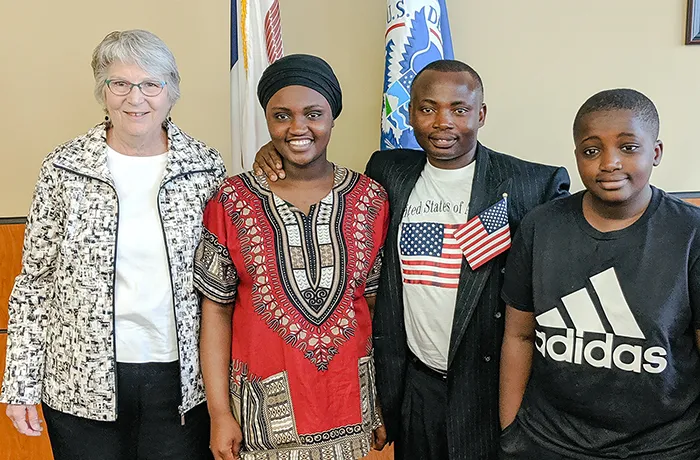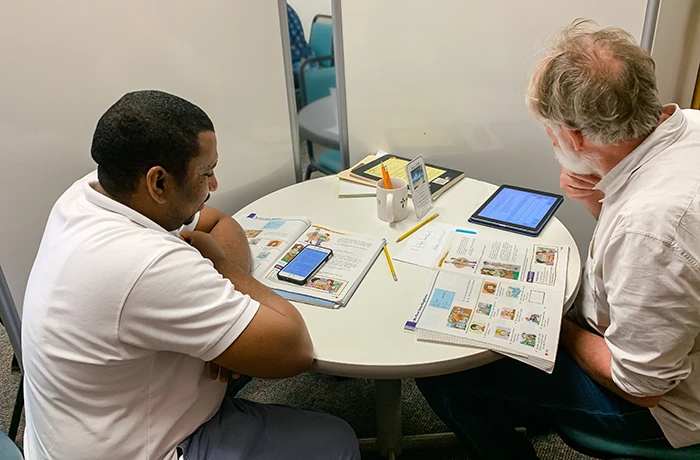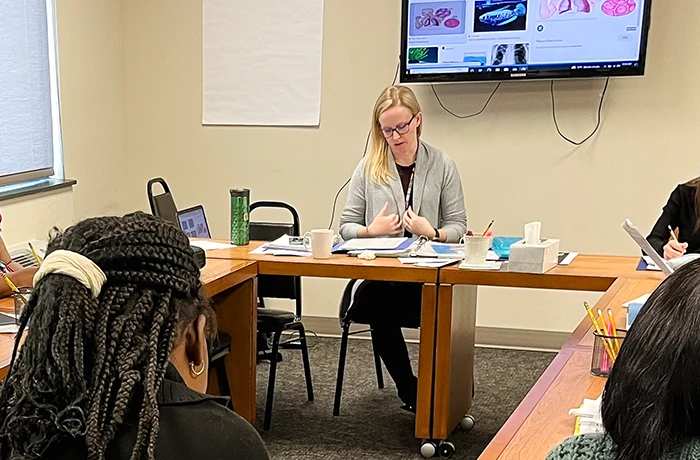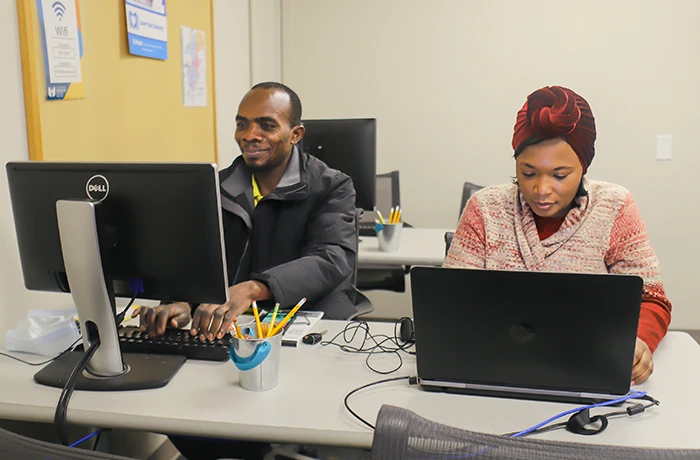Looking for a deeper understanding of refugees’ experiences and backgrounds? Learn more about the populations served at CMC and the many types of immigration statuses below, or visit our Take Action page to get involved.
“Migrant” or “immigrant” are generic terms for anyone moving to another country with the intention of staying for a minimum period of time. This includes both permanent and temporary migrants, with a valid residence permit or visa, asylum-seekers, and undocumented migrants.
There are many types of immigrants and several statuses that fit into that category. Each status has different requirements, rights, and restrictions.
The federal grant that guides resettlement work outlines the many services that must be provided within the first 90 days after a refugee arrives in the local community. For CMC to provide quality services requires us to know our clients well – to understand their strengths, the barriers they will face, and their personal and family goals.
While basic information like number of family members, names, ages, and genders are available prior to arrival, more descriptive information about refugee newcomers isn’t available until case managers meet them when they arrive. As such, one of the first tasks CMC Case Managers undertake is creating a service plan alongside clients. A service plan identifies:
Once this plan is created, CMC is able to coordinate services with our many partners across the community.
2021-2022 marked a period of unprecedented need as resettlement agencies like CMC had to quickly rebuild capacity for one of the largest and most expedited U.S. resettlements to date. Following years of record-low refugee admissions, the Biden administration announced the rapid evacuation of 76,000 Afghans after the Taliban took control of Afghanistan, and the U.S. military withdrew its troops in August 2021.
In just a few short months between October 2021 and February 2022, CMC resettled 249 Afghans, in addition to 163 refugees from Burma, Democratic Republic of the Congo, and Sudan. While refugee arrivals are normally paced out throughout the year, Afghans’ arrivals were expedited due to the high risk of danger facing those who supported the U.S. military and its missions in Afghanistan
Afghans were evacuated with Humanitarian Parole status, which does not normally follow the traditional resettlement process or come with federal benefits, however Congress passed legislation providing funding for “refugee resettlement-like benefits.”





Check out our reading list, compiled by staff and volunteers. Includes fiction, nonfiction, and children’s books
Provides a step-by-step guide of the screening process a refugee most go through before entering the U.S.
International organization that provides refugees protection. Website provides news stories, what the organization does, and how people can become active.
Explores issues and provides facts about refugees and immigrants. Users have the opportunity to get involved and donate.
Offers a narrative, temporal map of refugee migrations since 1975. Also provides reading materials to help understand refugee crises of the last 50 years.
A 30-minute film detailing the experiences of refugees who have been resettled in the U.S. for time periods ranging from 12 hours to 12 years.